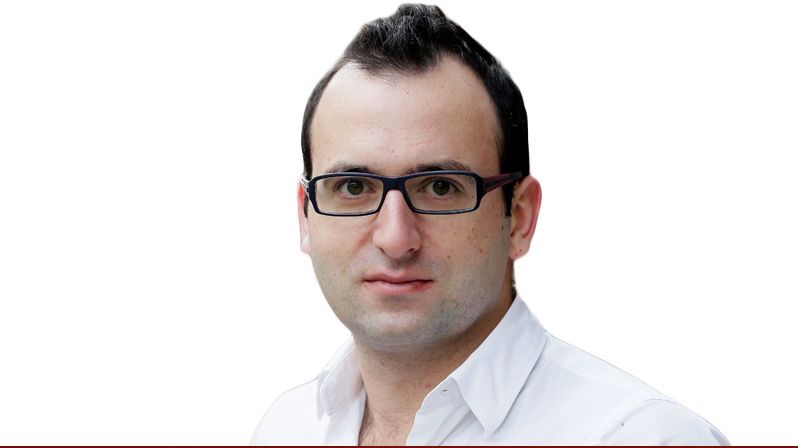Older people are more vulnerable to disease or climate change. At the same time, Europe's population is aging rapidly, the World Health Organization (WHO) warned, and outlined how to prevent health systems from being overwhelmed.
That young people with stronger immunity can fight disease better is nothing new. But in 2019, the coronavirus pandemic reminded us of this. Doctors and scientists have observed serious effects especially in elderly people.
Other risk groups include patients with overweight or obesity and insufficient physical activity. Disease is not the only risk factor for the elderly, global warming can be said to be a “silent killer”. The combination of high temperature and humidity causes the body to no longer be able to cool itself with the help of sweat. Body temperature rises to dangerous levels, which can ultimately lead to overheating and failure of important organs.
And an aging population is associated with a gradual increase in the burden on hospitals and other health facilities. WHO estimates that next year, the number of people aged over 65 years in Europe will exceed the number of people aged under 15 years. Therefore, WHO appealed to the governments of European countries to further motivate people towards a healthy lifestyle. In addition, the organization recommends a healthy lifestyle even in old age. According to him, the basis is movement and a healthy diet (especially the Mediterranean).
It's the right time to live healthier
People over 65 years of age should do at least two and a half hours of moderate-intensity aerobic exercise each week (such as brisk walking). An alternative for fitter individuals is to exercise more intensively for 75 minutes a week, for example swimming or endurance running.
WHO also recommends that people do strength training at least two days a week to strengthen the body as a whole. This will improve his motor function and prevent dangerous falls. The organization also recommends exercise for people with chronic illnesses.
It's not just individuals who benefit from good physical condition. Earlier this year, WHO, in collaboration with the Organization for Economic Co-operation and Development (OECD), published a report on the impact of diseases linked to lack of movement in Europe.
“We estimate that savings of eight billion euros per year could be made if more people demonstrated physical activity at the levels recommended by WHO,” the website quotes. Euro News Stephen Whiting, Health and Sports Advisor at WHO. According to him, it is time to invest in preventing the risks associated with unhealthy lifestyles and spread awareness about the importance of physical activity and healthy eating patterns for all age groups.

“Certified bacon geek. Evil social media fanatic. Music practitioner. Communicator.”







